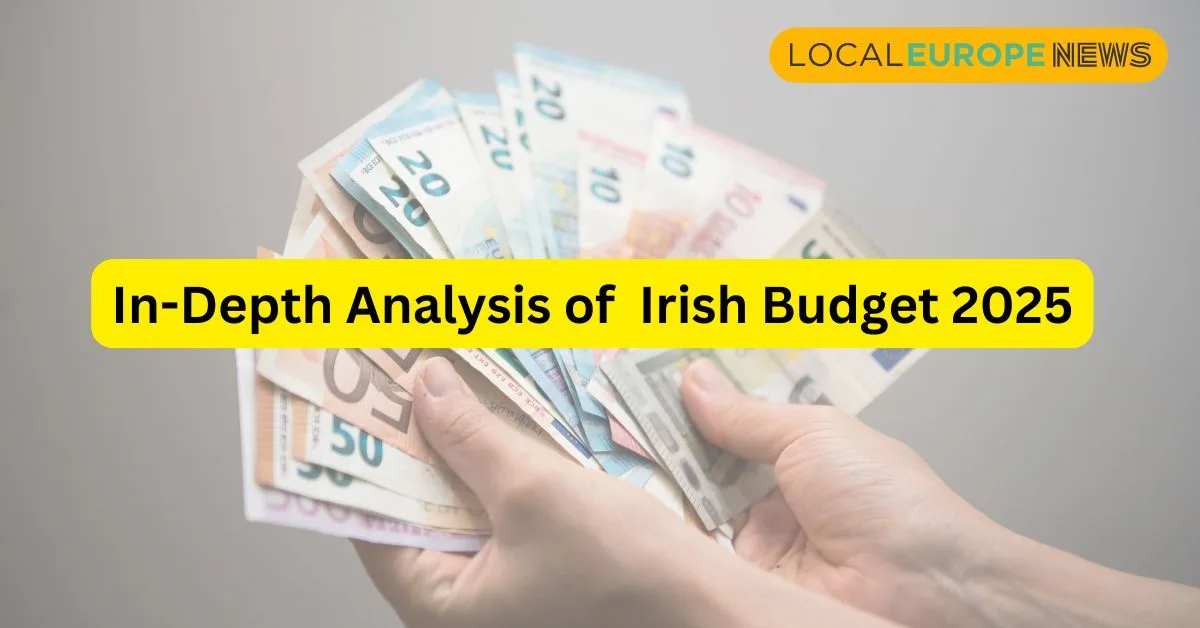The Irish government’s Budget 2025 has been unveiled with a host of measures designed to stabilize and stimulate the national economy. Facing global economic uncertainties, Ireland is positioning itself to safeguard its future through significant financial planning and strategic allocations. Here’s a detailed breakdown of the major components of the budget and what they mean for residents and businesses.
Detailed Breakdown of Key Budgetary Measures
- Enhanced Support for Cost of Living: Recognizing the pressures on households, the government has allocated a €2.2 billion package to mitigate the impact of rising living costs. This initiative includes a universal energy credit spread over three payments, aiming to cushion the blow from high energy prices.
- Wage Increases and Welfare Enhancements: In a move to support lower-income families and stimulate economic activity, the minimum wage will be increased to €13.50 per hour. Additionally, all welfare payments, from pensions to disability allowances, will see a weekly increase of €12, injecting more disposable income into the economy.
- Tax Adjustments for Greater Relief: Budget 2025 makes several adjustments to the tax regime to provide relief to taxpayers and stimulate economic growth. Key changes include an increase in the income tax standard rate band, adjustments to the Universal Social Charge, and a significant rise in the rent tax credit which doubles the benefit for jointly assessed couples.
- Investment in Public Services: Public services see a robust influx of funds with a notable focus on health and education. The health sector receives a 22% increase in funding for acute hospitals, addressing the growing demand for healthcare services. Education benefits from extended support for schoolbooks and additional allocations for special education needs.
- Infrastructure and Environmental Investments: The government has committed €3 billion to infrastructure, emphasizing water and energy projects to enhance Ireland’s resilience and sustainability. This investment is critical for supporting Ireland’s long-term environmental goals and immediate infrastructural needs.
- Housing and Property Measures: In response to the housing crisis, the budget introduces changes to property taxes and incentives for residential development. Stamp duty on bulk residential purchases sees an increase, and a new higher rate for high-value properties aims to encourage equitable property distribution.
Comprehensive Impact Analysis These measures from Budget 2025 are designed to create a buffer against economic slowdowns while laying the foundation for future growth. The focus on both immediate relief and long-term investment allows Ireland to address current economic challenges and prepare for future opportunities.
Prospective Outlook The full impact of these measures will unfold over the next fiscal year as they are implemented. Close monitoring and timely adjustments will be essential to ensure that the goals of economic stability and growth are met. This proactive and comprehensive fiscal planning positions Ireland on a path toward a more prosperous economic future.
